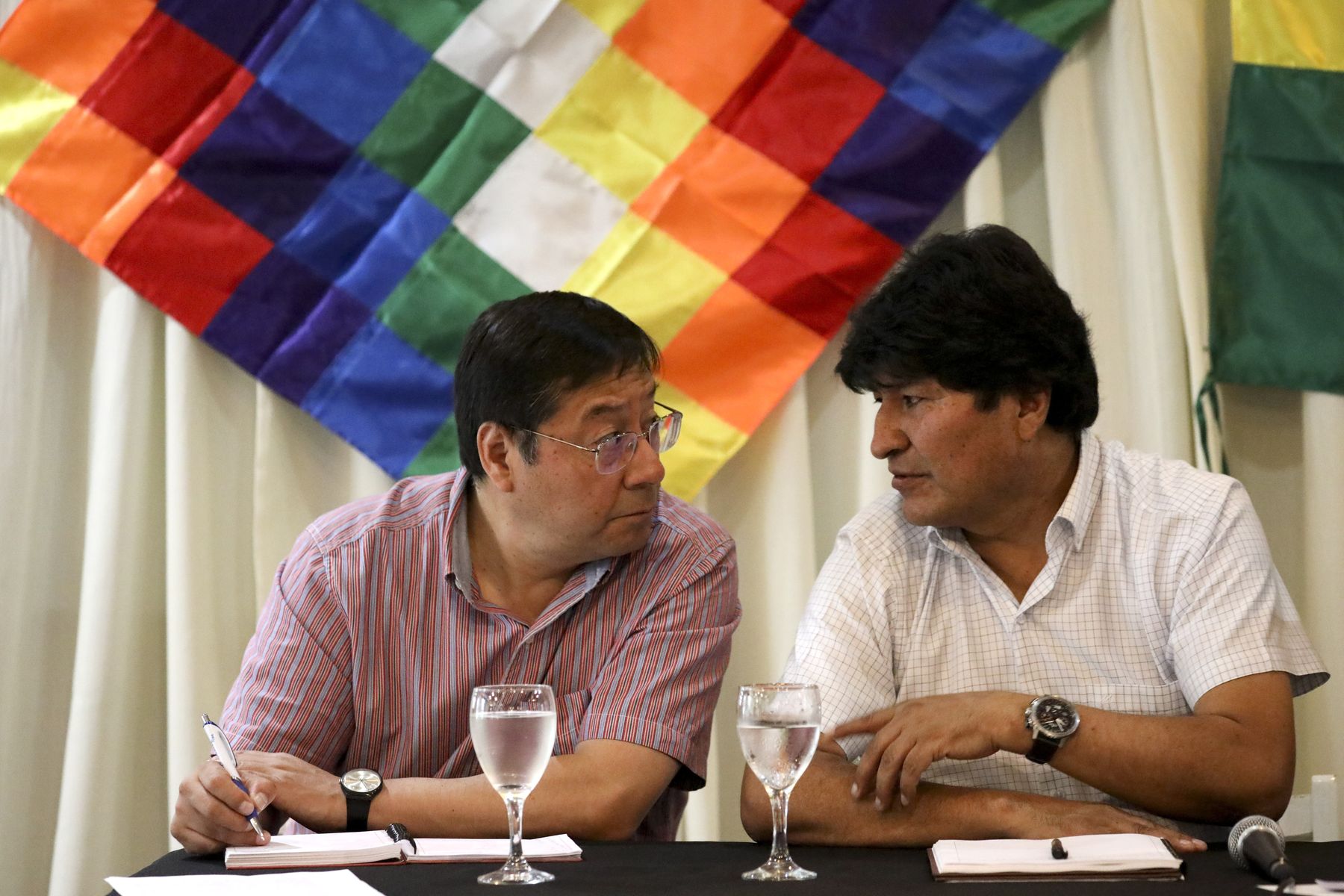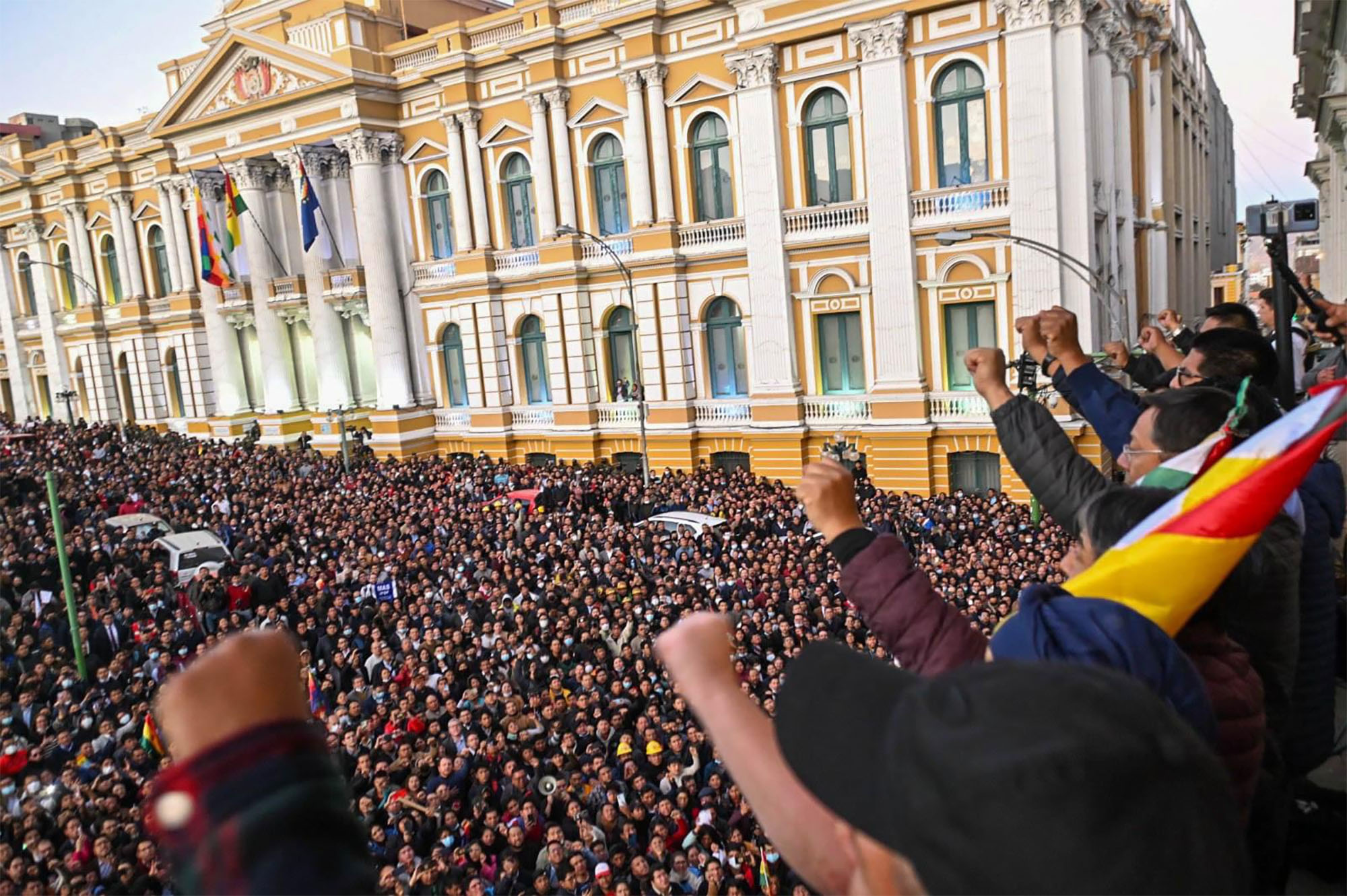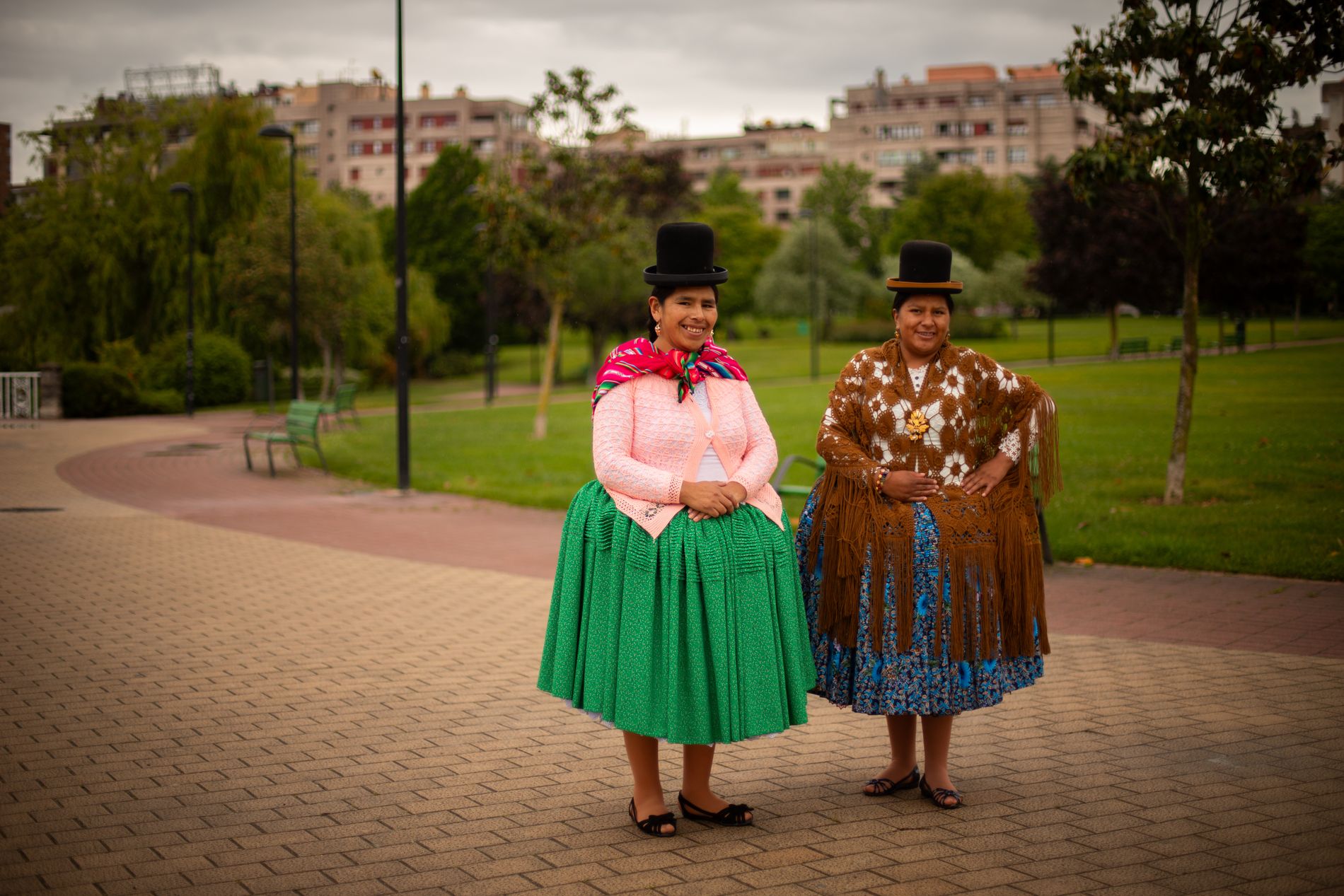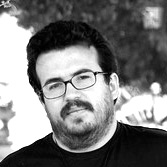They denounce that persecution of trade unionists and popular movements is being hardened in Bolivia
- The prosecutor’s office of the coup government has reported that it has received petitions to initiate criminal proceedings against 33 trade union leaders in Catalonia. Last week there was a dynamite attack on the headquarters of two La Paz unions. The elections in Bolivia are scheduled for 18 October.

Several human rights associations in Bolivia have denounced the increase in repression in Bolivia. Government Attorney General Juan Lanchipa, who heads the coup Jeanine Áñez, reported on Thursday that he received 33 complaints "against union, political and civic actors". "These allegations refer to different types of penalties, among which we can cite crimes against public health, belonging to a criminal organization, and incitement to commit crimes," he said. In addition, on 15 August, the Bolivian Workers Central and the Confederation of Women Farmers attacked the trade union headquarters in the capital, La Paz. The aggressors exploded the dynamite and painted threatening messages.
The secretary of the Mining Workers Federation, Orlando Gutierrez, has denounced the political persecution by saying that the government "is trying to unravel the voice of the people, trying to silence the voice of the leaders". The trade unions have announced their intention to file an international complaint about the harassment of their leaders, who have been arrested.
Elections and general strike
The alleged crimes are related to the general strike of recent weeks and the traffic cuts in Gipuzkoa. Following the Government ' s decision to delay the electoral call from 6 September to 18 October, various trade unions and movements began a general strike on 3 August. Mass protests and roadblocks multiplied across the country. The demands of many of the convening agents went beyond the election day, directly demanding the resignation of the Government.
On August 14, the Bolivian Workers Central, one of the strongest in Bolivia, called off the strike and most of the courts disappeared. Previously, the Government had undertaken not to delay the elections once again and to hold them on 18 October. The United Nations Organisation and the European Union are the international guarantors. But, on the one hand, the agenda of many leftist agents is not focused on hypothetical elections or the victory of the HAF and, on the other hand, many of those who want elections do not trust the coup government. Among other things, because the right has already submitted seven different candidatures for the general elections, and according to all the surveys, none of the formations leading Evo Morales from abroad could exceed the HAF.
The sub-provincial elections in Bolivia, held on March 7, can be read as a radicalization of the conflict scenarios, with the MAS being the most hegemonic party at the national level, but with a right with a strong and radicalized presence in the department of Santa Cruz and in... [+]
The vote will take place in favour of Arce Catacora and David Choqueuhanca, despite the doubts that exist as a result of the contradictions in Mas’s candidacy. These are reasonable doubts, since the personalist and vertical stages in the management of the State by the HAF have... [+]




















